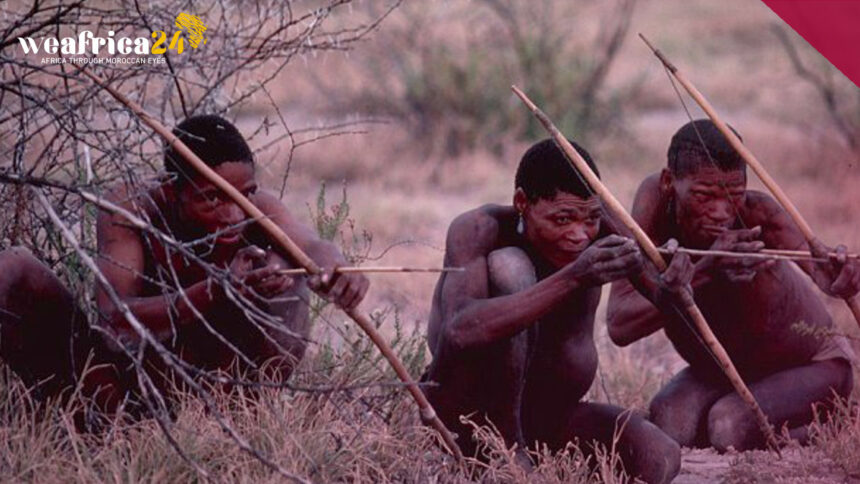Hunting has been an integral part of human civilization for millennia, with cultural and historical significance in various regions around the world. South Africa, with its diverse wildlife and stunning landscapes, has a long-standing tradition of hunting that is deeply rooted in its history and culture.
From the indigenous tribes that practiced traditional hunting methods to the modern-day conservation efforts, hunting in South Africa has evolved into a unique and cherished tradition that is both sustainable and culturally significant.
Historical Roots of Hunting in South Africa
The history of hunting in South Africa dates back thousands of years, with evidence of early hunting practices by indigenous tribes such as the San and Khoi people. These tribes practiced subsistence hunting, where hunting was done for survival and played a crucial role in their culture and way of life. The San people, also known as the Bushmen, were particularly renowned for their hunting skills and developed an intricate knowledge of the land and its wildlife.
With the arrival of European settlers in the 17th century, hunting in South Africa took a different form. Europeans brought with them the concept of trophy hunting, where animals were hunted for sport and their prized trophies.
Trophy hunting became a popular pastime among European settlers and gained prominence during the colonial era. However, unregulated hunting led to the decline of wildlife populations, and by the late 19th and early 20th centuries, several species were on the brink of extinction.
Conservation and the Evolution of Hunting
Recognizing the need for conservation, South Africa took significant steps to protect its wildlife populations. In 1894, the Sabi Game Reserve, now known as the Kruger National Park, was established as one of the world’s first national parks. This marked the beginning of a new era of conservation in South Africa, with the government implementing strict regulations to protect its wildlife and natural habitats.
Hunting also evolved during this period, with the advent of regulated hunting practices that aimed at conserving wildlife populations. Conservation hunting, also known as sustainable hunting, became a cornerstone of South Africa’s wildlife management strategy.
Today, South Africa has numerous private game reserves and hunting concessions, where hunting is conducted within strict guidelines set by the government and conservation organizations.
Hunting in South Africa Today
Modern-day hunting in South Africa is deeply entrenched in the country’s culture and economy. It is considered an important tool for wildlife management, habitat conservation, and community development. Private game reserves and hunting concessions play a vital role in funding conservation efforts, as revenues generated from hunting permits and trophy fees are often reinvested in conservation initiatives, anti-poaching efforts, and local community development projects.
One of the unique aspects of hunting in South Africa is the concept of “fair chase.” Fair chase refers to the ethical pursuit of a game in a free-ranging, wild state, where hunters adhere to strict hunting ethics and principles. Hunting in South Africa is typically conducted on foot, with hunters tracking and stalking animals in their natural habitat. This requires a deep understanding of animal behavior, habitat ecology, and marksmanship skills.
In addition to the conservation and economic benefits, hunting in South Africa also has cultural significance. Many indigenous tribes in South Africa have maintained their traditional hunting practices, passing down their knowledge and skills from generation to generation. These practices are deeply intertwined with their cultural beliefs, rituals, and customs, and hunting serves as a way to connect with their ancestral heritage and maintain their way of life.
Conservation and Sustainable Hunting Practices
Conservation and sustainability are at the heart of hunting practices in South Africa. The government and private game reserves, in conjunction with hunting concessions, have implemented stringent regulations to ensure that hunting is conducted in a manner that is both sustainable and ethical. These regulations are based on scientific data and population assessments and are specifically targeted toward certain species.







